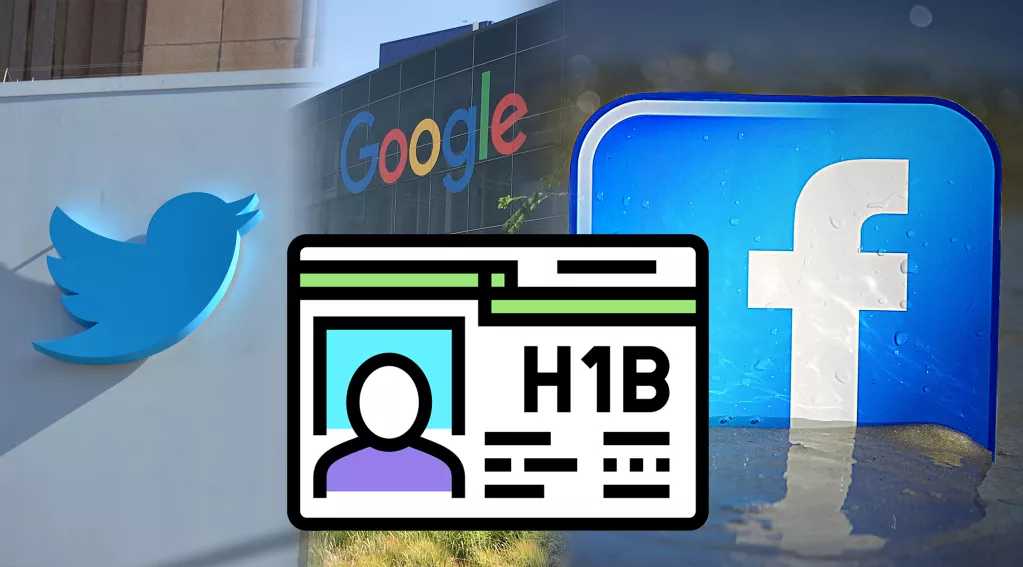State Department and a Judge Spare Joe Biden From His Visa Vetting Snafu

One of President Joe Biden’s first executive orders revoked a Trump era social-media disclosure requirement for visa applicants. Thankfully, this Biden order didn’t stick.
Unmoved by the president’s proclamation “Ending Discriminatory Bans on Entry to the United States,” the U.S. State Department maintained the screening policy. And last month a federal judge dismissed a challenge to it.
U.S. District Judge Timothy J. Kelly ruled that it is permissible for the government to require visa applicants to divulge all identifiers they have used on any of 20 social media platforms in for the preceding five years, including Twitter, Facebook, Instagram, LinkedIn and YouTube. The rule covers about 14.7 million people who apply for visas each year.
You probably didn’t hear about this because mainstream media outlets did not report the news. They did, however, try to make hay when the Trump policy was challenged in court.
In 2019, The New York Times stated that visa applicants cited risks created by “forcing people to turn over pseudonymous accounts.” The lawsuit said some partners and plaintiffs were “self-censoring” and deleting old posts that criticized Trump administration policies. According to the Times, people were “no longer applying for U.S. visas and forgoing personal, educational and professional opportunities because they feared the consequences of disclosing their social media accounts.”
With dismissal of the lawsuit, the federal government – Joe Biden notwithstanding – may actually expand collection of social media identifiers or handles, as Customs and Border Protection (CBP) announced in 2021 with regard to the Visa Waiver Program. The State Department might also expand its visa application form to include newer platforms such as the China-based TikTok.
State Department officials have not commented, but it seems likely they kept the social-media vetting policy in place because they don’t want a terrorist to slip through and then have the media find red flags all over the Internet.
In fact, social-media vetting is standard practice in law enforcement and intelligence circles, and, thus, the chances for the plaintiffs to prevail were slim. Consular decisions are generally unreviewable by the courts, and foreign nationals outside the U.S. have no rights protected by either the First Amendment or the Administrative Procedures Act.
Covering his ill-fated and ill-advised attempt to punch holes in sensible screening procedures, Biden assured Americans: “Make no mistake, where there are threats to our nation, we will address them. Where there are opportunities to strengthen information sharing with partners, we will pursue them. And when visa applicants request entry to the United States, we will apply a rigorous, individualized vetting system.”
Taking the president at his word, Judge Kelly is holding him to it.

